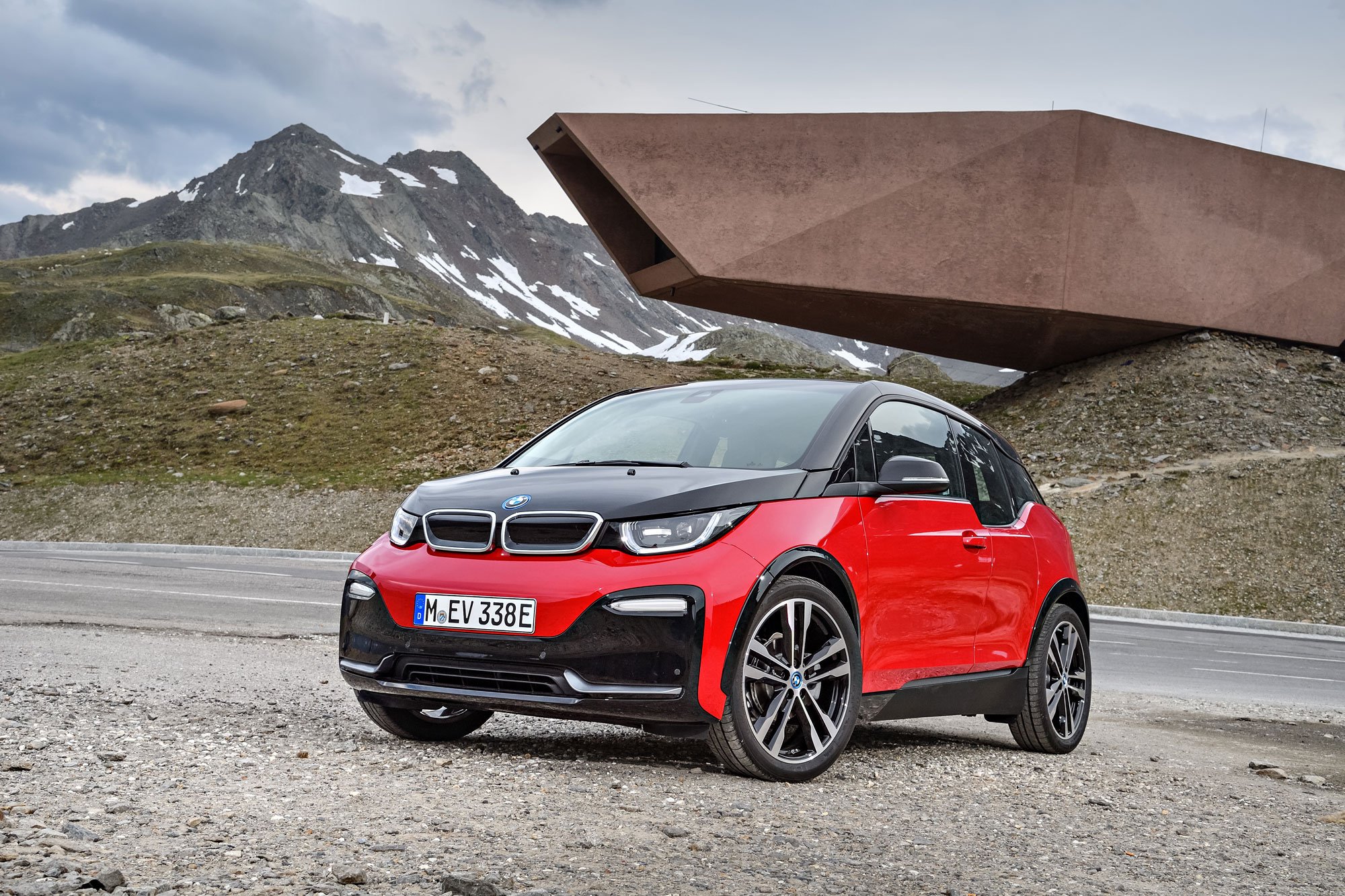In the rapidly evolving landscape of the automotive industry, one name stands out as a true pioneer of innovation and luxury BMW. With a legacy spanning over a century, BMW has consistently pushed the boundaries of automotive engineering and design. In recent years, the company has taken its commitment to innovation a step further by delving into the world of electric vehicles (EVs), revolutionizing transportation and sustainability. This article explores BMW’s journey into the realm of bmw electric car and the impact it has made on the industry.
Contents
The Rise of Electric Mobility
As concerns over climate change and environmental sustainability have grown, automakers around the world have been compelled to reconsider their approach to vehicle manufacturing. BMW, known for its signature driving experience and performance, recognized the need to embrace cleaner and more efficient transportation solutions. This realization led the company to embark on a transformative journey toward electric mobility.
BMW’s Electric Vision
BMW’s foray into the electric car market was marked by the launch of the BMW i3, an all-electric compact car, in 2013. This marked a significant turning point, as BMW combined its renowned engineering prowess with a new electric powertrain. The i3 not only demonstrated the company’s commitment to sustainability but also showcased its dedication to creating electric vehicles that remained true to the brand’s core values of luxury, performance, and driving pleasure.
In the years following the i3’s debut, BMW unveiled an array of electrified models under its BMW i sub-brand, including the plug-in hybrid BMW i8, a stunning sports car that seamlessly blended electric and gasoline power. This strategic approach allowed BMW to cater to a wider range of consumers, from eco-conscious drivers seeking pure electric propulsion to enthusiasts who craved both performance and efficiency.
The Next Chapter BMW’s Electric Revolution
Building on the success of its initial electric offerings, BMW announced its ambitious plans for the future of electric mobility. The company unveiled its fifth-generation electric powertrain technology, designed to power the next wave of electric vehicles. This technology promises increased range, enhanced performance, and faster charging capabilities, addressing some of the key concerns that have traditionally hindered the widespread adoption of electric cars.
One of the standout stars in BMW’s electric revolution is the BMW iX, an all-electric Sports Activity Vehicle (SAV) that combines cutting-edge technology, futuristic design, and sustainable materials. With an impressive range, spacious interior, and advanced driver-assistance features, the iX represents BMW’s dedication to pushing the boundaries of electric vehicle design and functionality.
Charging Ahead BMW’s Infrastructure Investment
Recognizing that the success of electric vehicles hinges on a robust charging infrastructure, BMW has been actively involved in expanding charging networks. The company has partnered with various charging providers to offer convenient and accessible charging options for its electric car owners. Additionally, BMW has introduced innovative technologies like wireless charging, making the charging process even more seamless and user-friendly.
BMW’s journey into the realm of electric cars exemplifies the company’s commitment to innovation, sustainability, and driving pleasure. By combining its storied legacy with cutting-edge electric technology, BMW has managed to redefine what it means to drive an electric vehicle. As the automotive industry continues to evolve, BMW’s electric cars are poised to play a pivotal role in shaping the future of transportation, providing drivers with an electrifying blend of luxury, performance, and environmental consciousness.

